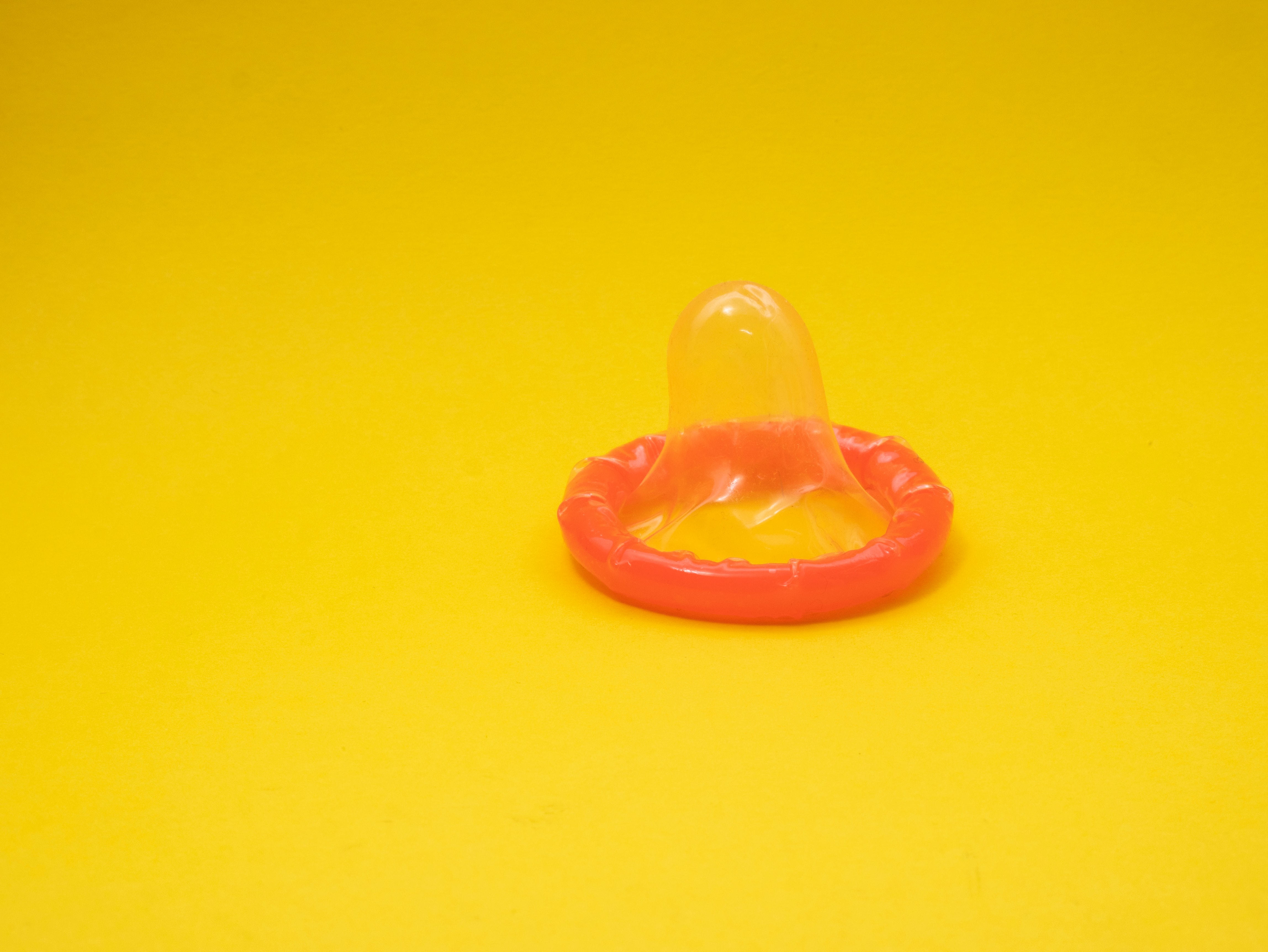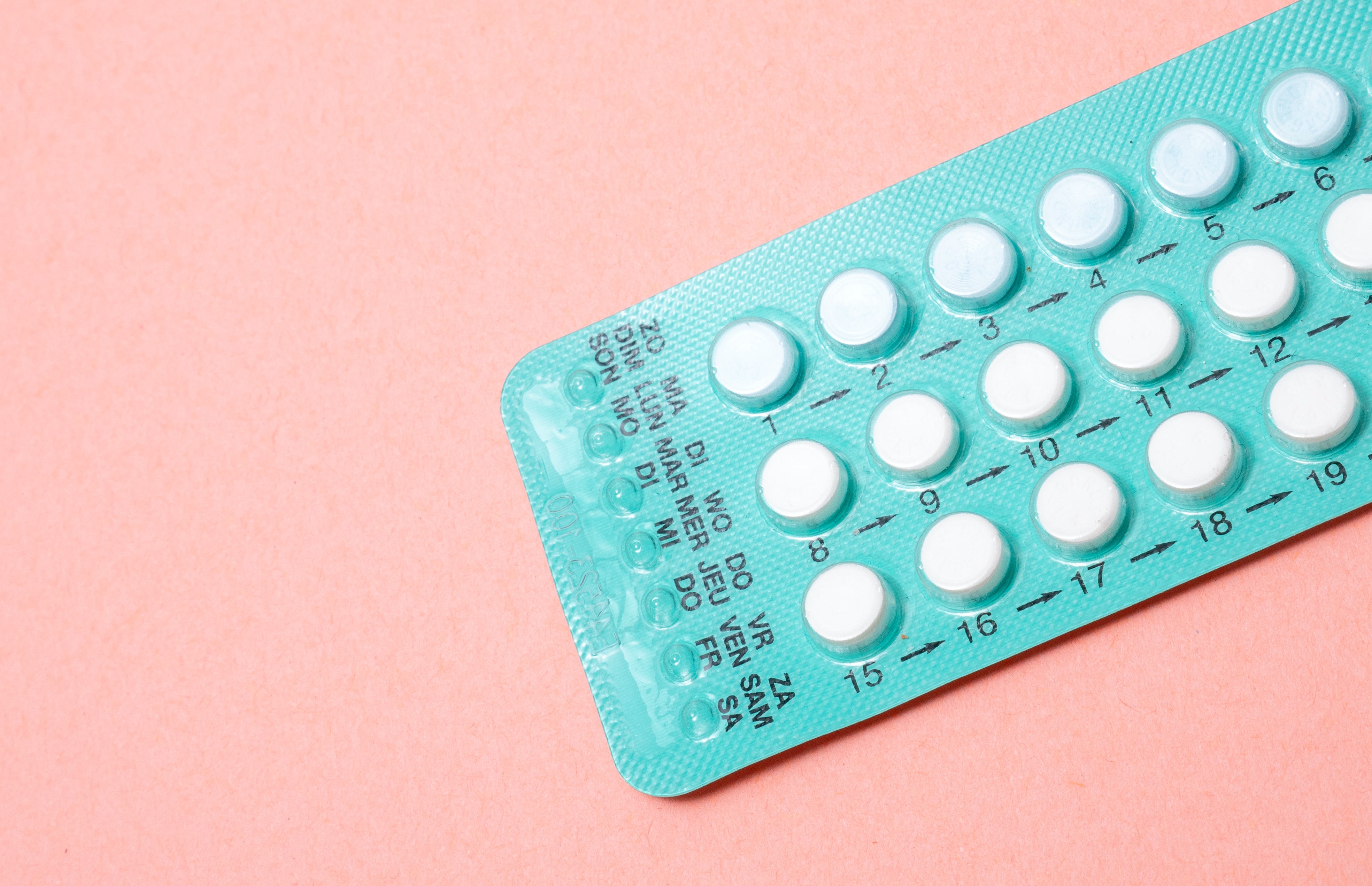This page was originally published in 2012 and has since been updated.
Contraceptive implants are thin, small (4cm), flexible rods which are implanted under the skin of the upper arm by a doctor or a nurse. They are 99% effective in preventing pregnancy.
The implant rods contain progestins which are steadily released into the woman’s bloodstream. Progestins are like the hormone progesterone, which is produced naturally within a woman’s body.
The continuous release of progestins stops a woman releasing an egg every month (ovulation), and thickens the mucus from the cervix (neck of the womb), making it difficult for sperm to pass through to the womb and reach an unfertilized egg.
Implants protect against pregnancy soon after as they have been inserted. Depending on the type of implant, they last between 3-5 years, but can be removed at any time. Fertility returns when the implant is removed.
Some women experience side effects form implants. It is common, but not harmful, to experience changes in menstrual bleeding patterns. Other possible side effects include abdominal pain, headaches, breast tenderness and acne. Side-effects often diminish over time, especially after the first few months to a year of use, but if you are concerned about side effects, you should go and talk to your provider.
When fitting the implant, a local anaesthetic is used to numb the area. It makes a small wound in the arm, which is closed with a dressing and does not need stitches.
Contraceptive implants do NOT protect against sexually transmitted infections (STIs, including HIV). To protect against STIs, male or female condoms need to be used.
Myth: Pregnant while using an implant
Some women who seek family planning believe that implants will interrupt an existing pregnancy.
Fact: A fetus will not be harmed by the insertion of an implant
Implants work primarily by thickening cervical mucus, which blocks sperm from meeting an egg, and by disrupting the menstrual cycle and preventing ovulation. Implants do not interrupt pregnancy. Good evidence shows that implants will not affect the pregnancy or harm the fetus if a woman is already pregnant when implants are inserted or becomes pregnant while using implants.
Myth: Getting an implant is painful and could cause infection
Some women who seek family planning believe that the insertion of implants requires surgery or that insertion is painful and causes infection. They may also have misconceptions about the removal of implants.
Fact: No stitches, no noticeable scar, and it can be removed at any time
Health professionals with specific training perform a minor surgical procedure to insert implants. The provider gives the patient an injection of local anesthetic under the skin of her arm to prevent pain while the implants are inserted. This injection may sting. The woman remains fully awake during the procedure. Insertion takes an average of 4 to 5 minutes for Norplant, 2.5 minutes for Jadelle, and 1.5 minutes for Implanon. Insertion can take more or less time, depending on the skill of the provider.
The incision is small and stitches are not required. In most cases, insertion does not leave a noticeable scar. Once inserted, the outline of the implants underneath the skin can be felt and sometimes seen. The woman may have bruising and feel pain or soreness for a few days afterward.
Infection at the insertion site can occur, but is uncommon. When infection occurs, it is usually within the first two months after insertion. In rare cases, implants may start to come out of the skin. When this occurs, it is usually due to improper insertion or infection.
A woman can have her implants removed at any time. Similar to insertion, implant removal is done by a specifically trained provider using local anesthesia and does not require stitches. Removal takes an average of 10 to 15 minutes for Norplant, 5 to 8 minutes for Jadelle, and 3 minutes for Implanon. Removal can take more or less time, depending on the skill of the provider. Difficulties with removal are rare if the implants were properly inserted and the provider is skilled.
Myth: Health risks and side effects
Some women who seek family planning do not want to use implants because they have misconceptions about implants causing illness or problems such as cancer, blindness, or birth defects.
Fact: Implants have several known health benefits
In addition to changes in menstrual bleeding, the most common side effects of implants are headaches, abdominal pain, and breast tenderness. These side effects are not an indication of illness and usually lessen or go away within the first year of use. Studies have not shown increased risk of cancer, blindness or birth defects with the use of implants.
They have been shown to greatly reduce the risk of ectopic pregnancy and protect against symptomatic pelvic inflammatory disease. Implants may also help protect against iron-deficiency anemia.
Myth: Complications with method
Some women who seek family planning believe that implants can cause complications in the arm in which they are inserted or that they can travel from the insertion site to other parts of the body.
Fact: Implants cannot travel to other parts of the body
They remain where they are inserted until they are removed. In rare cases, a rod may start to come out of the skin, usually during the first four months since insertion. This typically happens because the implants were not inserted well or because of an infection at the insertion site. If expulsion occurs, the woman should return to the clinic as soon as possible and use a back-up family planning method in the meantime. Providers can replace the rods.
Myth: Infertility and ectopic pregnancy
Some women who seek family planning believe that using implants will cause infertility, delay the return of fertility after the implants are removed, or cause ectopic pregnancies (pregnancy in which the fertilized egg implants in tissue outside the uterus).
Fact: Implant doesn't affect your fertility, and reduces the risk of ectopic pregnancy
Implants stop working once they are removed and their hormones do not remain in the woman’s body. Implant use does not affect a woman’s ability to become pregnant, although fertility decreases with a woman’s age. One major study found that women who have had their implants removed can become pregnant as quickly as women who have stopped using nonhormonal methods.
Implants substantially reduce the risk of ectopic pregnancy. In the United States, the rate of ectopic pregnancy among women who are not using a contraceptive method is 650 ectopic pregnancies per 100,000 women per year. The rate of ectopic pregnancy among women using implants is 6 ectopic pregnancies per 100,000 women per year.
Even in the very rare cases when implants fail and pregnancy occurs, the great majority of these pregnancies are not ectopic. Only 10 to 17 of every 100 pregnancies due to the failure of implants are ectopic.
Myth: Who can use the method
Some women who seek family planning believe that implants should not be used by women who are young or who have not had children.
Fact: Nearly all women can use implants safely and effectively
Implants are suitable for women of any age, regardless of whether they have had children or not. Implants do not make women infertile—fertility returns as soon as implants are removed. Breastfeeding women can use implants if at least six weeks have passed since they have given birth.
Implants may not be suitable for women who require a family planning method without hormones. For example, women who have or have had breast cancer and women with active, serious liver disease should choose an alternative method.
Myth: Menstrual bleeding
Some women who seek family planning incorrectly believe that using implants will cause harmful changes to menstrual bleeding.
Fact: Changes may occur, but generally they are not harmful
Changes in menstrual bleeding commonly occur with implant use, but some women do not experience any change. Typically, changes in bleeding patterns are more dramatic during the first year of use and either lessen or stop after the first year. Prolonged or heavy bleeding (lasting over eight days or generating twice as much blood as normal) due to implants generally is not harmful. Menstruation may also cease after one or two years of implant use, which is not harmful either—blood will not build up inside the woman.
Myth: Sexual pleasure
Some women who seek family planning believe that implants will reduce a woman’s libido or affect a couple’s sexual life in some way.
Fact: No evidence to suggest that implants can reduce a woman’s libido
There is no evidence to suggest that implants can reduce a woman’s libido. Some women using implants report negative changes in mood and sex drive, while some report improved mood and sex drive. Such changes could be caused by many other factors, so it is difficult to attribute them to implant use. A large majority of implant users do not report any change.
when
Blog Series
Adolescent Health
Subject
Contraception










